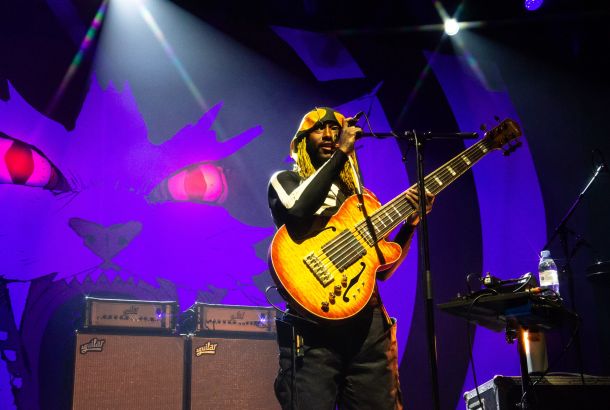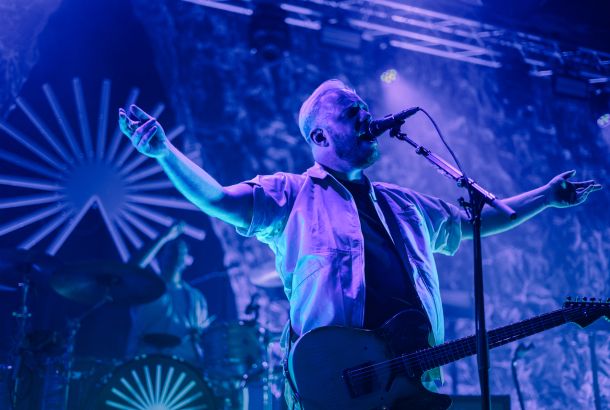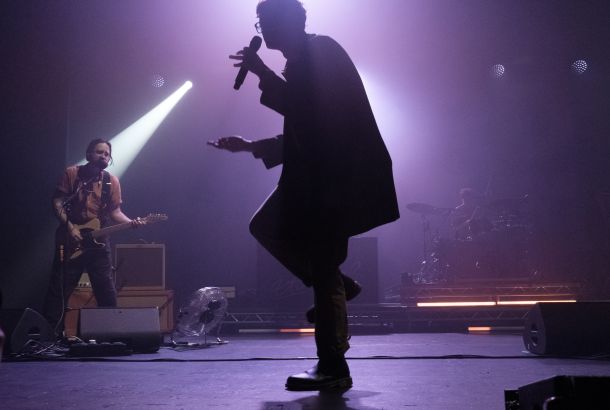Queer Mods: The untold subculture

The presence of Queer Mods has been erased in the history of the subculture, painting Mod as an exclusively heterosexual movement. At last, we celebrate the 1960s gay Mod scene and the intertwinement of Mod and Queer culture.
The Mod subculture is often associated with mopeds, tailored suits, and soul music. It is rarely, however, associated with Queerness. Yet, Mod was formed by a heritage linked with LGBTQIA+ identity, and the presence of Queer Mods was very much alive in the early 1960s. Gay Mods are a faction of the culture that goes largely undiscussed, with clubs such as Le Duce in Soho, London being a time capsule for the scene.
The early 1960s saw the beginning of the Mod subculture in Britain. Formed in London, it quickly became aligned to working-class youth across the country. It became a symbol of rebellion, rooted in a resistance against austerity.
Following the popularisation of modern jazz, blues, and soul amongst early Mods, a multitude of clubs began to tailor to this scene, playing Motown and Jamaican Bluebeat whilst accommodating the culture of smart fitted suits and amphetamines. Although most of these clubs were heterosexual, a string of gay Mod clubs began to pop-up around Soho: Le Duce being the most famous.
Le Duce, founded by Peter Burton and Bill Bryant, was the most iconic Queer alternative to heterosexual Mod clubs such as The Scene. Located on D’Arblay Street in Soho, the basement bar was a discreet haven for Queer Mods, in which a small jukebox played Mod staples from Desmond Dekker to Martha and The Vandellas to Jimmy Ruffin. The dress code embraced the impeccable Italian suits and stylish formal attire, making Le Duce a hub for working-class Mods to enjoy the music they loved. But whilst Mod identity was a fundamental for Le Duce, as was its Queer identity.
Whilst alternativeness and Queerness were embraced between the walls of Le Duce, homosexuality remained illegal outside of it. Susceptible to police raids, a large fish tank was installed to conceal the private rooms, as well as acting as a convenient disposal for drugs upon surprise raids. Evidently, this was less advantageous for the fish however, and the tank often had to be refilled with new fish and the amphetamines removed.
Prior to the Sexual Offences Act of 1967, Le Duce was left vulnerable, with illegality posing a threat. Subtlety was essentially a requirement, ensuring the police were unable to effectuate their generally empty threats against Queer Mods. Names were taken down, but rarely were prosecutions made, often leaving gay Mods to indulge in the music and drugs without interference.
Le Duce, however, was only the tip of the iceberg when exploring the connection between Queer identity and Mod identity. Queer fashion was integral in forming the distinct style of Mods from its beginnings. Inspired by the tight silhouettes of Southern France and Italy, the attire became identified by drainpipe trousers and skinny fitted suits.
Within this was influence from Queer culture, with bright coloured and patterned suits becoming mainstream in Mod style. It was this flamboyance that connected Queer and Mod culture, an overlap that created a grounding for the interconnection of the two. Clothing shops fuelled this crossover, and the clientele of staple Mod stores became an amalgamation of straight and gay Mods.
This was pivotal, both a moment of unity between straight and gay Mods, but also in a wider sense, an acceptance. Of course, that’s not to say the Mod scene had welcomed Queerness in its entirety (lest we forget that Queer Mods were dancing in different clubs). But to see Mick Avory of The Kinks sporting a blue silk shirt, psychedelic multicoloured tie and drainpipe trousers was a signifier: Queer fashion had been welcomed into the mainstream.
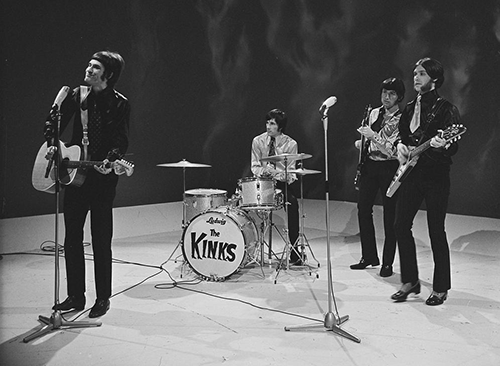
Photo: W. Veenman @ Wikimedia Commons
Le Duce’s soundtrack was a prime example of early Mod music: heavily inspired by the music of the Jamaican immigrant population in the UK with Bluebeat and soul. It is here that some believe Queer Mods found their calling, unified by marginality and identifying with music of the Windrush generation. This is where the soundtrack to the Mod movement began, first with original Ska bands such as Toots & the Maytals and The Skatalites.
From here bloomed the music of The Yardbirds and The Small Faces, blues rooted bands that embodied the influence of Motown rhythm and blues whilst also pioneering rock into the later 1960s Mod movement. A composition of genres and influences, Mod music was indefinable by a single category.
Catering to this, the playlist of Mod clubs was varied, and Le Duce adopted its diversity playing both the Motown and blues of Mod as well as the later British blues-rock bands. From the blend of Jamaican, British and US music, well-known hits and obscure soul, modern jazz and blues and rock… it’s safe to say Mod was both distinctive and diverse.
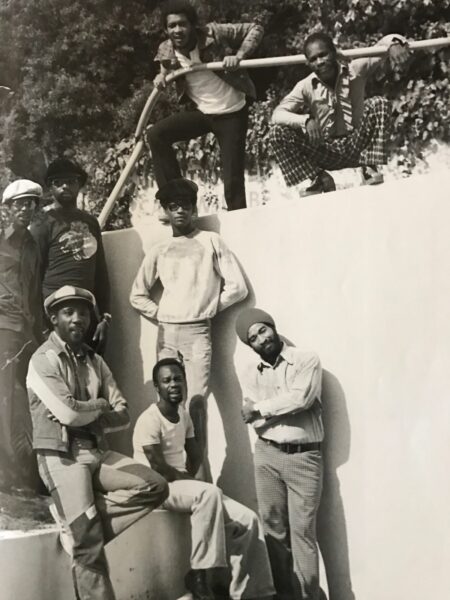
Photo: Celaur @ Wikimedia Commons
It seems the Mod revival of the 1970s didn’t attract the Queer community in the way it once had. Once mainstream, the movement lost its originality that had once been fundamental. Without its nonconformist nature, the intertwinement of Queerness and Mod disintegrated, leaving little trace of the impact Queerness had on the culture.
Le Duce is revolutionary in this sense, encapsulating a time that Queer culture was a catalyst for an influential youth movement. The original 1960s Mod movement was a pivotal moment in Queer youth culture, embodying a time when gay and straight Mods were united by music, drugs, and fashion, relishing in the culture in clubs down the road from one another.

